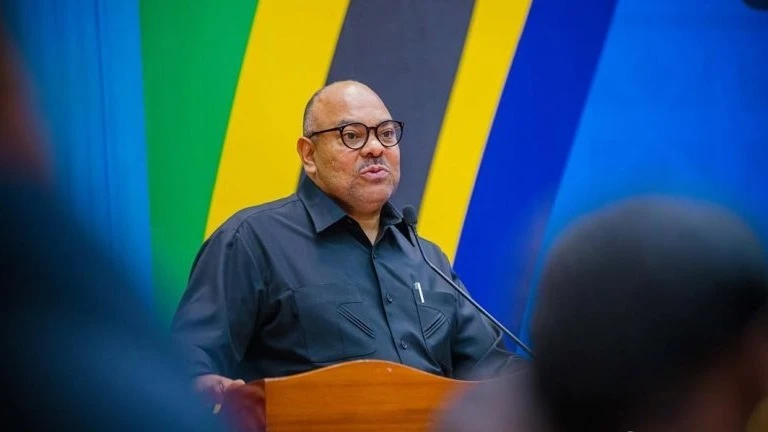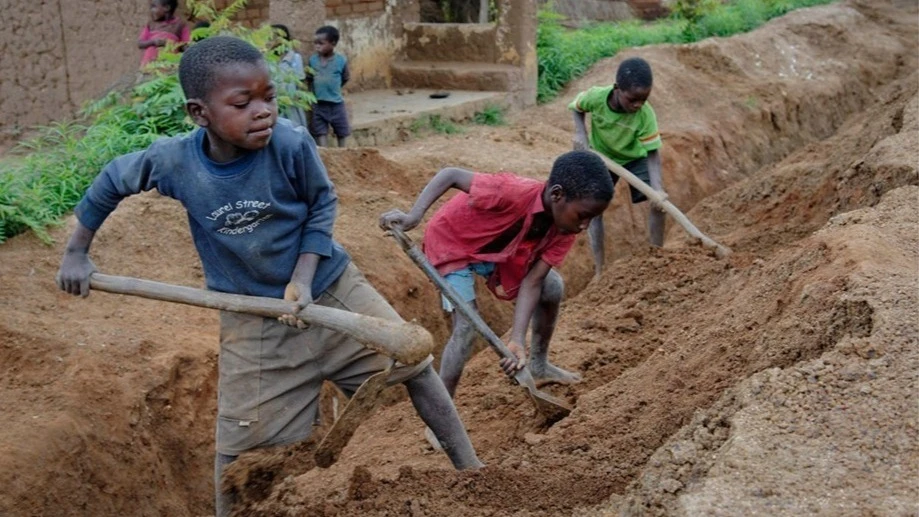Architects, q-surveyors urged to improve access to decent homes

Architects and quantity surveyors have been urged to go beyond government contracts and actively engage with ordinary citizens to improve access to decent housing and reduce construction costs.
The call was made yesterday in Dar es Salaam by Deputy Permanent Secretary in the Ministry of Works Dr Charles Msonde during the opening of a three-day Continuing Professional Development (CPD) seminar themed “Building Sustainable Practices: Standards and Strategies,” organized by the Architects and Quantity Surveyors Registration Board (AQSRB).
Dr Msonda said that many Tanzanians face inflated construction costs due to the lack of proper cost estimation and professional planning. He asserted that involving qualified quantity surveyors, even in small-scale residential projects, can lead to substantial savings and higher-quality results.
“These professions are often misunderstood. Many people assume architects and quantity surveyors only work on government or large-scale projects: We must raise public awareness and demonstrate how engaging registered professionals can benefit even the average home builder," he said.
He emphasized the need for sector professionals to collaborate more strategically—forming teams capable of handling larger, more complex projects. This includes continually upgrading skills to meet the evolving demands of the construction and design industries.
“The pace of change in science and technology is relentless,” he said. “Sectors like infrastructure, climate resilience, and urban planning cannot thrive without competent, forward-thinking designers and planners.”
While acknowledging the progress made in national infrastructure development—including roads, railways, and bridges he commended the Board and professionals in the field for upholding high standards and contributing to a strong foundation for sustainable growth.
Acting Registrar of the Board, Daniel Matondo, said that urban growth in the country is accompanied by infrastructure challenges such as flooding, traffic congestion, and environmental planning issues.
He emphasized the importance of ensuring that professionals especially architects and quantity surveyors are actively engaged in both the planning and implementation phases of development projects.
"Currently, experts registered with our Board are involved at a relatively low level compared to engineers. This imbalance stems from a long-standing trend in which training institutions have produced more engineers than other professionals," he noted.
The estimated housing deficit in Tanzania is around 3 million units, with an annual increase of 200,000 to 300,000 units, according to latest data.
The problem is particularly acute in urban areas, where the deficit is estimated at 1.2 million units, with Dar es Salaam alone accounting for a significant 36 percent of this shortfall.
A large portion of existing housing is of poor quality. In rural areas, a staggering 60.6 percent of households have earth floors, 51.8 percent have non-durable walls, and over 50 percent have non-durable roofs. Even in urban areas, low-income groups often reside in inadequate and overcrowded dwellings.
A significant portion of the Tanzanian population (around 80 percent) cannot afford decent housing due to economic hardships, high construction costs, and low income levels.
For instance, 90 percent of the population can afford less than $45 on housing per month, and 68 percent can afford less than $23.
Top Headlines
© 2025 IPPMEDIA.COM. ALL RIGHTS RESERVED

























